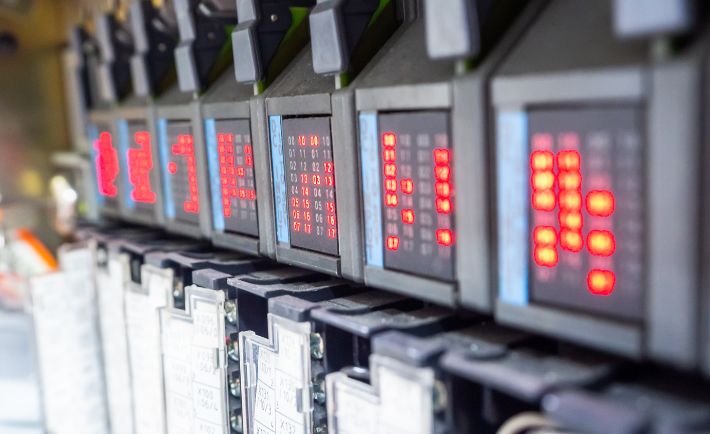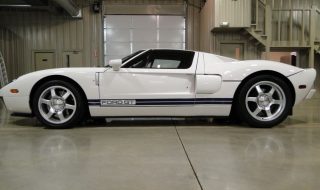
Programmable logic controllers (PLCs) are the robust computers that form the backbone of modern industrial automation. Unlike your regular desktop computer, PLCs are designed to withstand harsh industrial environments, manage complex control operations, and process inputs and outputs with reliability and precision. Here’s your quick introduction to what PLCs are.
Understanding the Core Functions of PLCs
At their core, PLCs are specialized computers that take in information from various sensors and input devices, process this information based on preprogrammed instructions, and output commands to machinery and other systems. Their architecture is uniquely suited for repetitive tasks that require high reliability and easy reprogramming. Essentially, PLCs are the conductors of the industrial orchestra, ensuring each piece of equipment plays in harmony and follows the set production score precisely.
How PLCs Are Programmed
The most common methodology for programming PLCs is through Ladder Logic, a programming language that emulates the wiring diagrams used in relay logic hardware. Built upon the foundation of traditional electrical control circuits, Ladder Logic provides a visual representation of PLC operations, making it easier for engineers and technicians to conceptualize and implement control strategies.
This graphical language utilizes rungs, symbols, and interconnected logical elements to form a program that those familiar with electrical circuits can easily understand. Because of its intuitive nature, Ladder Logic has become the standard programming language in the industry, enabling precise control of automation processes and seamless integration into manufacturing systems.
The Most Popular PLC Brands
When it comes to selecting a PLC, several brands dominate the market, each with its own strengths and areas of specialization. Siemens, for example, is a global powerhouse whose PLCs are known for their integration with other automation solutions and robust software. Allen-Bradley, a part of Rockwell Automation, boasts a strong presence in North America and offers versatile hardware components and wide industry usage. Other notable brands include Mitsubishi, known for its compact models that are perfect for smaller applications, and Schneider Electric, which offers PLCs that are particularly energy-efficient and environmentally robust. Each brand has cultivated its own following due to its performance in certain applications, customer service, and ease of use. If you’re on the hunt for the right PLC for your needs, knowing how to compare PLC brands and models will be an indispensable ally in your search.
This has been your quick introduction to what PLCs are—the critical tools in a high-tech world that demand efficiency, reliability, and flexibility. Whether you’re entrenched in the industrial sector or just brushing the surface of technological curiosities, understanding the function and significance of PLCs is useful knowledge.



